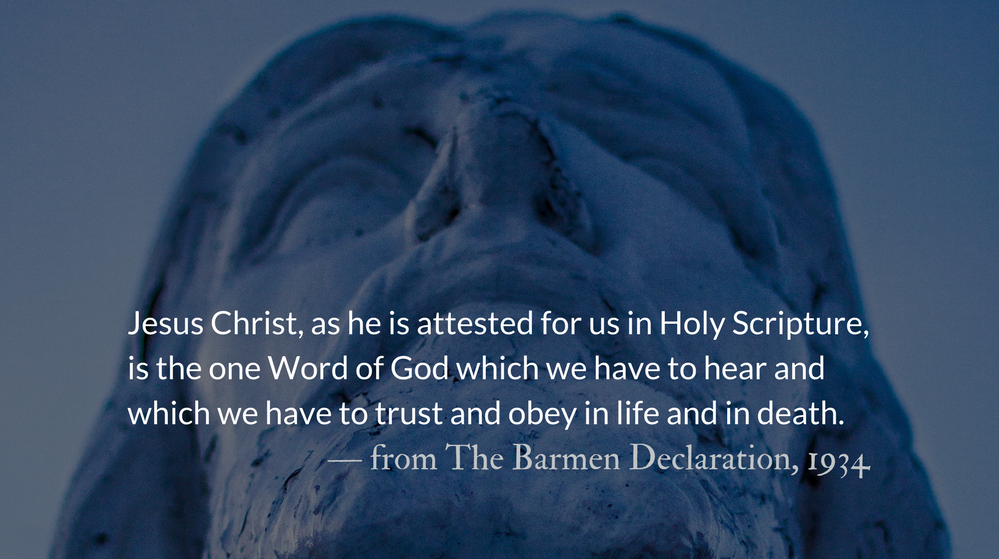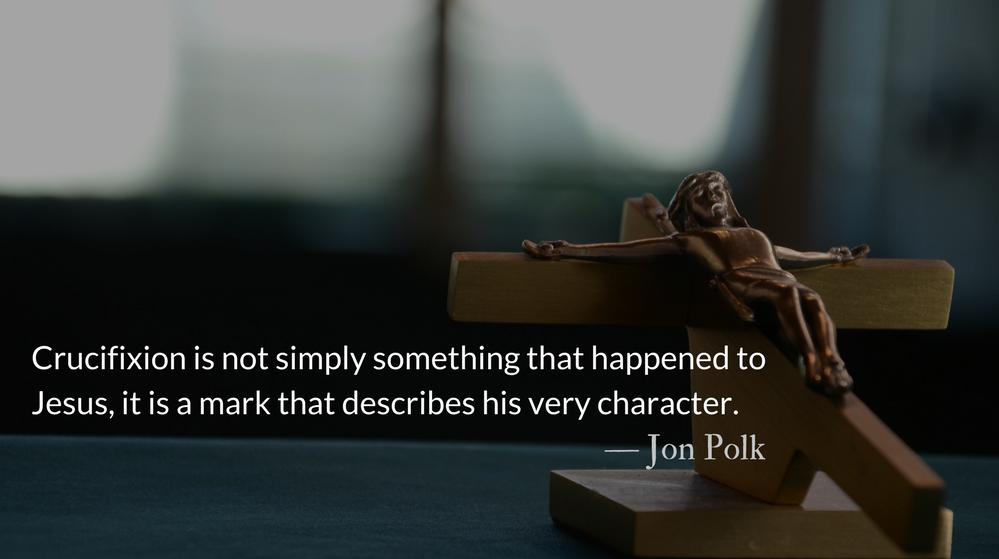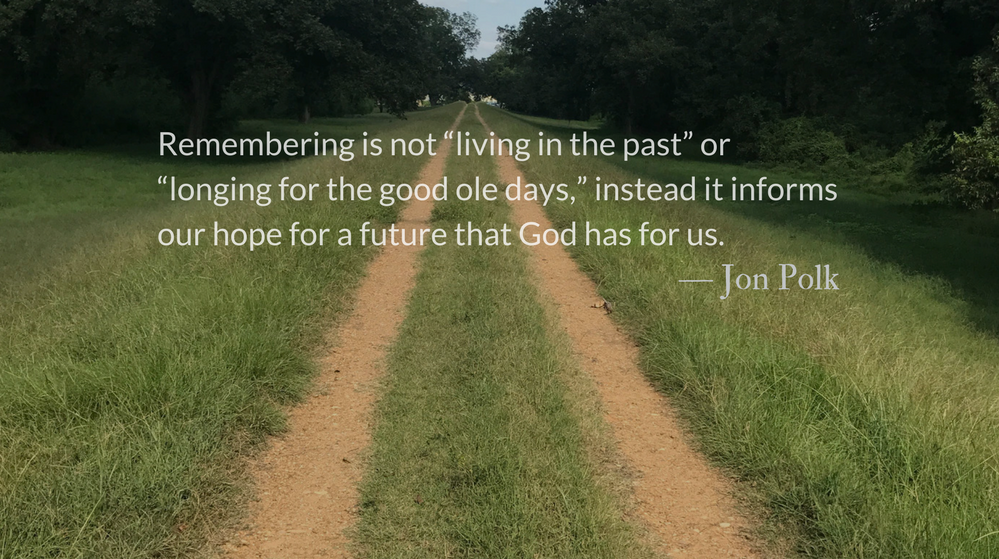Scripture: 2 Timothy 2:8
Remember Jesus Christ, raised from the dead, descended from David. This is my gospel.
Reflection: Remember Jesus Christ
By Jon Polk
Instructions to remember are commonplace across the landscape of Scripture.
Remember the Sabbath day by keeping it holy. (Ex. 20:8)
Remember that you were slaves in Egypt and the Lord your God redeemed you. (Deut. 15:15)
These days should be remembered and observed in every generation. (Est. 9:28)
Remember the law of my servant Moses. (Mal. 4:4)
This is my body, which is for you; do this in remembrance of me. (1 Cor. 11:24)
Remembering in Scripture is often a calling to focus on God’s commands or to recall God’s intervention in history.
The apostle Paul in his role as mentor encourages his protégé, the young minister Timothy, that when doing the work of the gospel, we must “Remember Jesus Christ, raised from the dead, descended from David.” Paul also tells Timothy to “Keep reminding God’s people of these things.”
Why? Because apparently many in the church were arguing about unimportant matters.
The most commonly quoted verse from 2 Timothy 2, “Do your best to present yourself to God as a worker approved,” is nestled between injunctions to cease “quarreling about words” and to “avoid godless chatter.”
When public discourse becomes volatile and contentious, it is far too easy for us to become distracted by matters of lesser importance. To become God’s workers who “correctly handle the word of truth,” we must focus on remembering God’s faithfulness to us, particularly through the resurrected Christ. Remembering helps us to keep the main thing the main thing.
Remembering the good news of the risen Christ provides perspective for our lives.
Remembering the resurrection also recalls Christ’s suffering and reminds us that we may experience suffering, too.
Remembering the Messiah who was in the lineage of David encourages us that God can and will work through the frailness of our own humanity.
The call to remember Jesus Christ as our focus, our goal and our hope, is echoed by a phrase in the Barmen Declaration, written in 1934 by Karl Barth and the Confessing Church in response to powers seeking to use the church in service of the nation of Germany:
Jesus Christ, as he is attested for us in Holy Scripture, is the one Word of God which we have to hear and which we have to trust and obey in life and in death.
As the shadow of Easter Sunday begins to lengthen, let us diligently continue to remember.
Prayer: The Refrain for the Morning Lessons
My eyes are upon the faithful in the land, that they may dwell with me. — Psalm 101.6
– Prayer from The Divine Hours: Prayers for Springtime by Phyllis Tickle.
Full prayer available online and in print.
Today’s Readings
Ecclesiastes 6 (Listen – 1:44)
2 Timothy 2 (Listen – 3:17)











